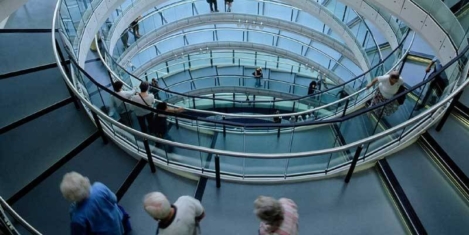July 12, 2017
Mayor launches initiative to enhance the design of Londons buildings and spaces 0
 The Mayor of London, Sadiq Khan, has this week launched his Good Growth by Design programme to ‘enhance the design of buildings and neighbourhoods for all Londoners’. In a speech at the London School of Economics, the Mayor spoke of his vision for the future of London as the city’s population heads towards 10 million people. In what is claimed to be his first major intervention on this topic, the Mayor is calling on London’s architectural, design and built environment professions to help realise his vision of London as a city that is socially and economically inclusive as well as environmentally sustainable. According to the Mayor’s office, the Good Growth programme will leave a legacy of world-class buildings, outstanding public realm and large-scale regeneration for Londoners of the future.
The Mayor of London, Sadiq Khan, has this week launched his Good Growth by Design programme to ‘enhance the design of buildings and neighbourhoods for all Londoners’. In a speech at the London School of Economics, the Mayor spoke of his vision for the future of London as the city’s population heads towards 10 million people. In what is claimed to be his first major intervention on this topic, the Mayor is calling on London’s architectural, design and built environment professions to help realise his vision of London as a city that is socially and economically inclusive as well as environmentally sustainable. According to the Mayor’s office, the Good Growth programme will leave a legacy of world-class buildings, outstanding public realm and large-scale regeneration for Londoners of the future.












 A majority of employees (62 percent) believe their company culture is one of the biggest hurdles in the journey to becoming a digital organisation, and this is putting companies at risk in falling behind competition in today’s digital environment claims a new report.
A majority of employees (62 percent) believe their company culture is one of the biggest hurdles in the journey to becoming a digital organisation, and this is putting companies at risk in falling behind competition in today’s digital environment claims a new report. 





















July 24, 2017
Employers have a growing responsibility to provide staff with cycling facilities
by Peter Ferrari • Cities, Comment, Property, Wellbeing
More →